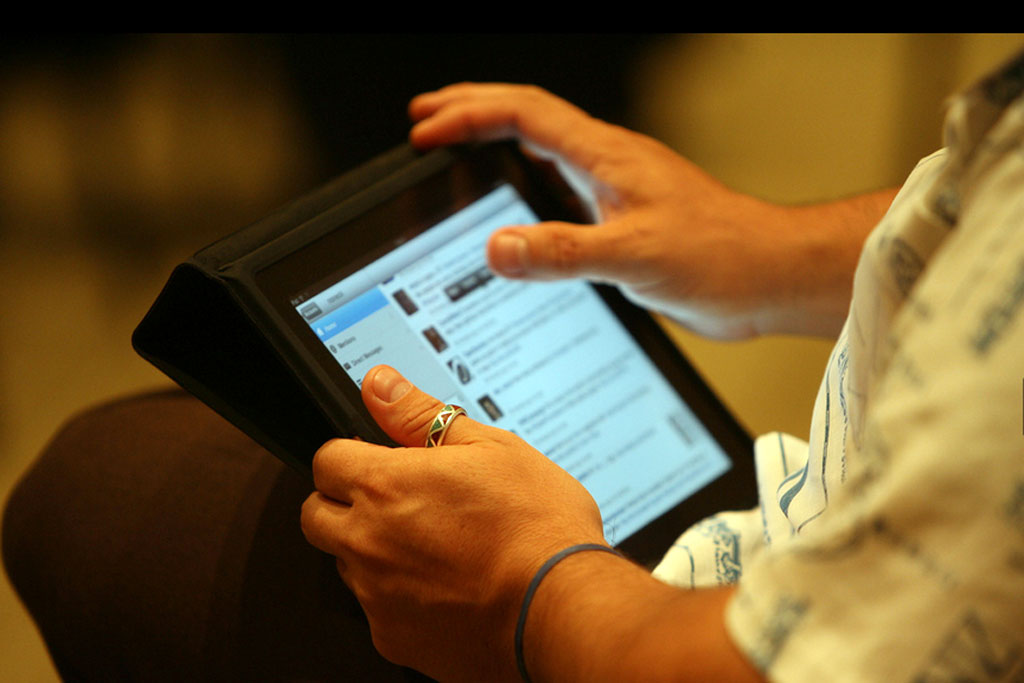Africa, a continent with a youthful population, presents itself as a vibrant hub for innovation, invention, and growth. Over 60% of the African population is under the age of 25, and by 2030, young Africans are expected to comprise 42% of the global youth population. As regions worldwide experience workforce aging and dwindling, Africa’s demographic advantage brings forth unique opportunities. This story, originally reported by Lea-Anne Moses in an article published on July 31, 2023, explores how mobile technology can be the linchpin to unlock Africa’s true potential.
Enhanced literacy at all levels is crucial if Africa’s young population is to capitalize on the growing labor force demand and step into innovation and invention roles. Mobile devices emerge as potent tools in improving literacy rates, particularly among the youth. Literacy rates in Sub-Saharan Africa have seen an impressive jump from 56% in 2000 to 67% in 2020, fueled by substantial economic growth.
However, significant gaps persist. Even South Africa, the continent’s most advanced economy, grapples with literacy disparities, with 82% of grade 4s lacking the ability to read for meaning. Overcoming these challenges requires concerted efforts from governments, educators, investors, and civil society. Mobile technology, already extensively used by young people, can contribute significantly to this cause.
Information and Communication Technology (ICT) has long been recognized for promoting social inclusion and facilitating societal processes participation. Mobile phones provide the most personal, direct, and measurable means to connect people with impactful content and services. Mobile penetration rates in countries like Kenya, Nigeria, and South Africa surpass 100%, indicating more mobile connections than people.
The Fundza Literacy Trust has demonstrated the transformative power of technology in enhancing literacy. In 2022, the Trust published over 8,000 original pieces written by young South Africans on their LoveWriting platform. This platform sees more than 3 million young visitors spending nearly 30 minutes a day, indicating a strong appetite for locally relevant content. About 66% of the platform’s readers reported significant improvement in their reading abilities.
Imagine the possibilities if this concept were scaled across the continent, tailored to each country’s specific needs. Such an approach would see more young Africans graduating from the formal education system, ready to compete with global talent and contributing innovative, world-changing ideas.
Therefore, investing in reading and literacy, the core of education, becomes imperative. And in this endeavor, the proven tool of mobile technology cannot be underestimated. Africa’s potential lies within its people, and the right literacy tools will provide the key to unlock it.
Original Story by Lea-Anne Moses can be found here.

